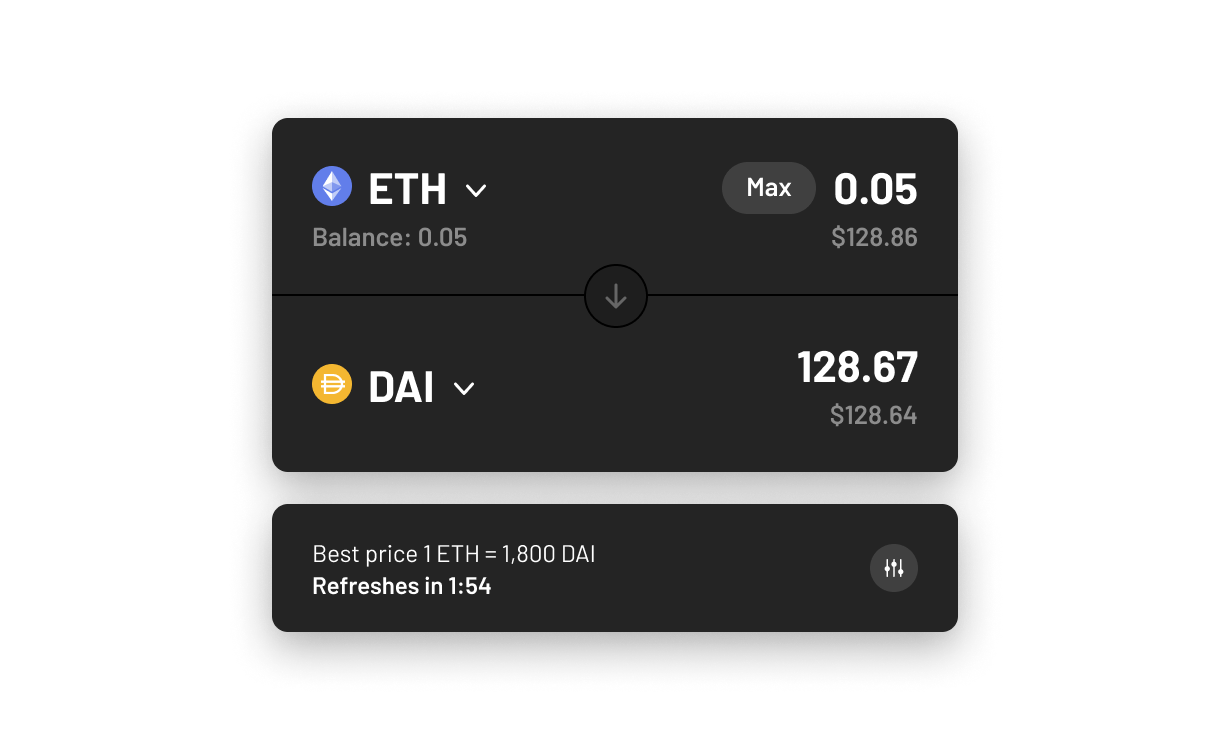You are here:乱琼碎玉网 > news
A Bitcoin Wallet Contains a Collection of Key Pairs: Understanding the Basics
乱琼碎玉网2024-09-22 03:33:30【news】3people have watched
Introductioncrypto,coin,price,block,usd,today trading view,In the world of cryptocurrencies, a Bitcoin wallet is a crucial tool for managing digital assets. At airdrop,dex,cex,markets,trade value chart,buy,In the world of cryptocurrencies, a Bitcoin wallet is a crucial tool for managing digital assets. At
In the world of cryptocurrencies, a Bitcoin wallet is a crucial tool for managing digital assets. At its core, a Bitcoin wallet contains a collection of key pairs, which are essential for the secure storage and transfer of Bitcoin. Understanding how these key pairs work is vital for anyone looking to navigate the complex landscape of cryptocurrency.
A Bitcoin wallet contains a collection of key pairs, which are essentially a pair of cryptographic keys: a private key and a public key. The private key is a secret code that allows the owner to access and control their Bitcoin, while the public key is a publicly available address that others can use to send Bitcoin to the wallet.
The private key is like a password for your Bitcoin wallet. It is a long string of alphanumeric characters that is generated using complex mathematical algorithms. This key is never shared with anyone else and must be kept secure at all times. If someone else gains access to your private key, they can control your Bitcoin and potentially steal it.
On the other hand, the public key is used to receive Bitcoin. It is a unique identifier that is derived from the private key and is shared with others. When someone wants to send you Bitcoin, they use your public key to direct the transaction to your wallet. This ensures that the Bitcoin is sent to the correct recipient and not lost in the vast network of Bitcoin transactions.

The process of generating a key pair is a crucial step in creating a Bitcoin wallet. When you create a new wallet, a private key is generated using a random process. This private key is then used to create a public key, which is derived from the private key using a one-way mathematical function. This function ensures that the private key cannot be easily reversed to obtain the public key, making it secure.
One of the key advantages of using a Bitcoin wallet that contains a collection of key pairs is the ability to have multiple addresses. Each address is associated with a unique public key and can be used to receive Bitcoin. This allows users to keep their transactions private and separate, as each address can be used for different purposes or with different individuals.
Moreover, a Bitcoin wallet containing a collection of key pairs provides enhanced security. By using multiple addresses, users can spread their Bitcoin across different accounts, reducing the risk of losing all their assets in the event of a security breach. Additionally, many wallets offer features such as two-factor authentication and backup options, further enhancing the security of the wallet.
However, it is important to note that while a Bitcoin wallet containing a collection of key pairs provides security, it also requires responsible management. Users must ensure that their private keys are kept secure and not shared with unauthorized individuals. It is also advisable to create backups of the private keys and store them in multiple secure locations to prevent loss.
In conclusion, a Bitcoin wallet contains a collection of key pairs, which are essential for the secure storage and transfer of Bitcoin. Understanding how these key pairs work is crucial for anyone looking to navigate the world of cryptocurrencies. By keeping their private keys secure and using multiple addresses, users can enhance their control over their Bitcoin and reduce the risk of loss or theft. As the popularity of cryptocurrencies continues to grow, understanding the basics of key pairs will become increasingly important for anyone involved in the digital asset space.
This article address:https://m.norfinoffshoreshipyard.com/eth/66f92299011.html
Like!(9677)
Related Posts
- Binance BTC Trade: A Comprehensive Guide to Trading Bitcoin on Binance
- Binance Withdrawal API: A Comprehensive Guide to Secure and Efficient Transactions
- Title: Streamlining Your Crypto Journey: How to Transfer from Ethereum to Binance Smart Chain
- Bitcoin Mining Progress: A Look into the Evolution of Cryptocurrency Mining
- The recent surge in the cryptocurrency market has captured the attention of investors and enthusiasts alike. One particular figure that has been making waves is the 2.511 bitcoin price. This article delves into the factors contributing to this significant figure and explores its implications for the future of digital currencies.
- Should I Move Stellar from Binance to Coinbase?
- The Current State of Bitcoin Price AUD/Coinjar: A Comprehensive Analysis
- How Did Bitcoin Cash Start?
- The Graph of Bitcoin Cash: A Comprehensive Analysis
- How to Get Money Off Bitcoin Wallet: A Comprehensive Guide
Popular
Recent

Can Governments Make Bitcoin Illegal?

Bitcoin Price History 2012: A Year of Volatility and Growth

How to Transfer BNB from Binance: A Step-by-Step Guide

Safemoon Buy on Binance: A Comprehensive Guide to Investing in the Rising Cryptocurrency

What is happening to Bitcoin Cash?

Bitcoin Mining Payback Period: Understanding the Timeframe for Profitability

Is Mining Bitcoin Profitable in 2024?

Title: Streamlining Your Crypto Journey: How to Transfer from Ethereum to Binance Smart Chain
links
- How Much Do You Save Using BNB on Binance?
- How to Buy EGC Coin on Binance: A Step-by-Step Guide
- Where to Mine Bitcoin Cash: A Comprehensive Guide
- Coinbase Bitcoin Cash Wallet: A Comprehensive Guide to Securely Managing Your BCH
- Will Bitcoin Cash Keep Going Up?
- The Rise of Safemoon Binance Chain: A New Era in Cryptocurrency
- The Importance of Bitcoin Private Key Wallet.dat
- Which Wallets Support Bitcoin Gold: A Comprehensive Guide
- Binance Crypto Pumps: The Impact on the Market and Traders
- How Much Do People Make Mining Bitcoin?